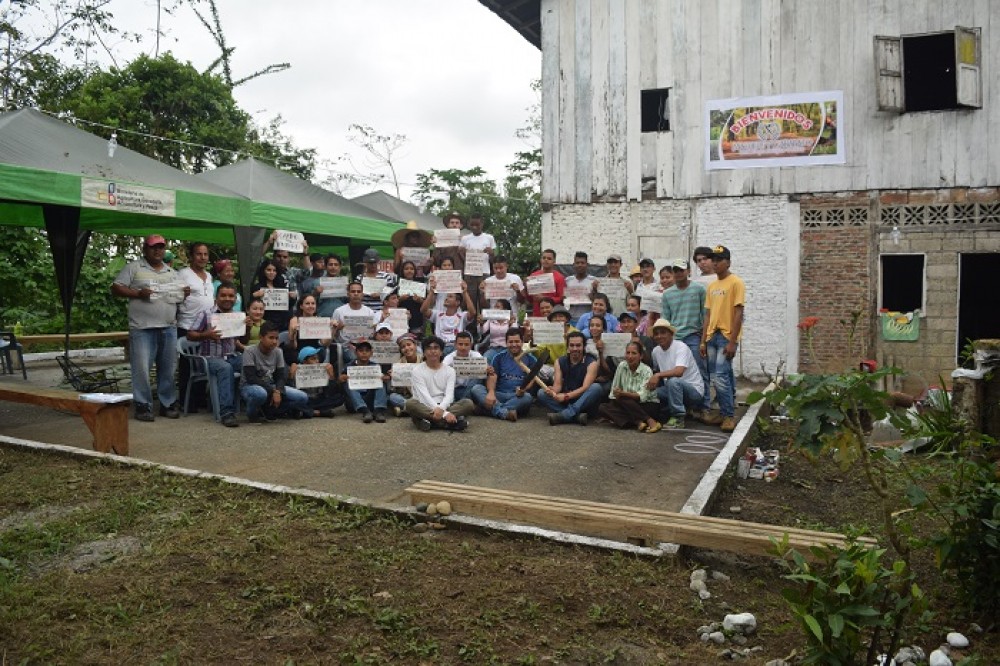Legal Institutions and Economic Development
Legal institutions are critical for the development of market-based economies. This paper defines legal institutions and discusses different indicators to measure their quality and efficiency. It surveys a large historical and empirical literature showing the importance of legal institutions in explaining cross-country variation in economic development. Finally, it presents and discusses three different views of why we can observe the large cross-country variation in legal institutions, the social conflict, the legal origin and the culture and religion hypotheses.
A law & economics approach to the study of integrated management regimes of estuaries
In this paper it is proposed to analyse legal regimes for integrated management of estuaries with the help of institutional legal theory and the Schlager & Ostrom framework for types of ownership. Estuaries are highly valued and valuable and therefore need protection. The problem is that they qualify as multiple-use and multiple-user common pool resources. To be able to analyze the legal regimes governing the estuaries, you must be able to take the position of governmental actors and NGO's into account.
The contribution of work representation to solving the governance structure problem
The aim of this paper is to explain in what ways work representation may contribute
to an efficient governance structure. The insights from institutional economic theories
will be applied to two different kinds of employee participation, namely trade unions
and works councils. From the discussion it follows, that the latter may be better
equipped than the former to play an effective role in corporate decision-making,
owing to its specific institutionalisation. The paper concludes with the finding that
An Ethical Analysis of Regulating Insider Trading
Although there seems to be a broad consensus to prohibit insider trading among supervising authorities and market professionals, the debate on insider trading has not settled definitively. We introduce a distinction between insider trading and market manipulation on the one hand and corporate insiders versus misappropriators on the other hand. This gives rise to four types of alleged wrong transactions. Using a utilitarian and a non-utilitarian fairness approach, we demonstrate that it is hard to find good arguments against insider trading in its purest form (type I transactions).
The Good, the Bad, and the Talented: Entrepreneurial Talent and Other-Regarding Behavior
Talent allocation models assume that entrepreneurial talent is selfish and thus allocates into unproductive or even destructive activities if these offer the highest private returns. This paper experimentally analyzes other-regarding preferences of entrepreneurial talent. We find that making a distinction between creative talent and business talent explains systematic differences in other-regarding behavior. Generally, business talent is less willing, and creative talent more willing, to forego private payoffs to avoid losses to others.
Land lease contracts: properties and the value of bundles of property rights
Contracts are mechanisms for carrying out transactions. Leasing land is a voluntary transaction in which property rights - such as user and income rights - are transferred from landowners to tenants. The bundle of property rights transferred within a lease transaction varies with the type of contractual arrangement. Analysis shows that for the landowner the value of the bundle of property rights to land is determined by the type of lease contract. Landowners prefer lease contracts with as little regulation as possible.
Sustainable land use under different institutional settings
This paper serves three purposes. First, it gives a short introduction to the concept of sustainability in relation to land use. Since the Brundtland report it has become clear that sustainability is a dynamic concept that changes when conditions in society change. Moreover, it is easier to assess what is `unsustainable¿ than what is `sustainable¿. But that will not suppress the demand for sustainable developments.
The Dutch Works Council from an Institutional Economics Point of View: An Efficient Solution to the Governance Structure Problem?
The aim of this paper is to explain, with the aid of institutional economic theories, why Dutch works councils may contribute to an efficient governance structure. To this end, in this study a sketch will be given of the existing structure, in which the particular Dutch two-tier system plays an important role. After a short discussion of the property rights theory, transaction costs theory and the principal-agent theory, these theories will be applied to the Dutch corporate governance structure and more specifically to employee participation rights.
Lucha por la tierra: Asentamiento 29 de octubre
El Asentamiento 29 de octubre pertenece a la Compañía San Fernando, localizada a 23 km del distrito de Santa María de Fe, en el Departamento de Misiones en la región oriental del Paraguay, a unos 248 km de Asunción, la capital del país.
Machete y Garabato: Compromiso y creatividad en Quevedo
La Unidad Agroecológica y Política “Machete y Garabato” emerge en el año 2015 como articulación de un grupo de estudiantes –pasantes– de la carrera de Agronomía de la Universidad Técnica de Quevedo (UTQ); y de campesinos y campesinas del Centro Agrícola Cantonal de Quevedo.
Prindex Comparative Report, March 2019
Property rights are a cornerstone of economic development and social justice. A fundamental way of understanding the strength of property rights is through citizens' perceptions of them. Yet perceptions of tenure security have never been collected at a global scale.




